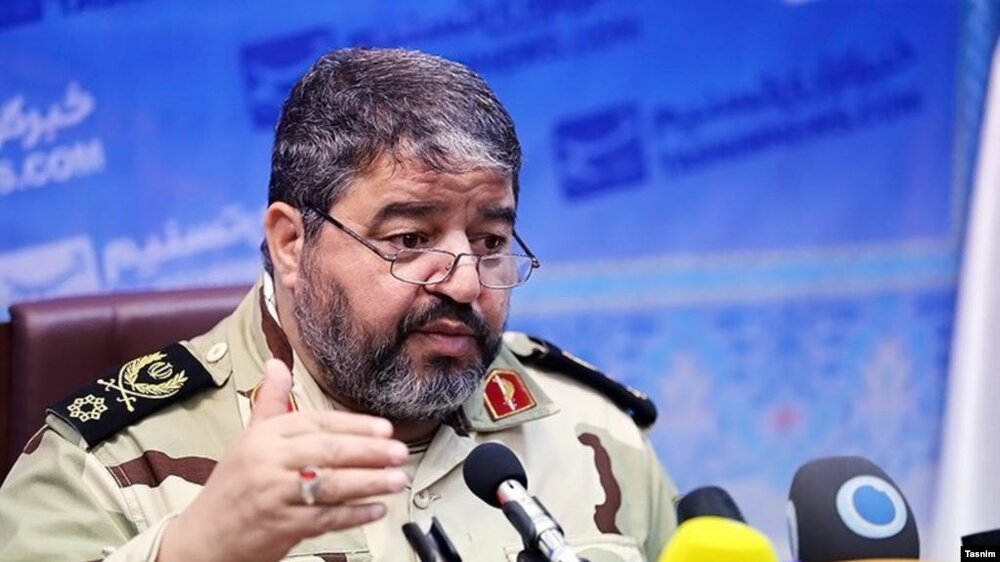Setting dollar on fire would be attack on enemy’s weak point: civil defense chief

TEHRAN – The commander of Iran’s Civil Defense Organization has said if Iranians set to fire dollar bills it would be a direct attack on the enemy’s weak point.
“If the will is created in the country where the American dollar is set on fire by people in the streets and convergence is created to boost the national currency’s value, it will be a full-blown attack to the enemy’s weak point,” Brigadier-General Qolamreza Jalali told a meeting of the organization’s personnel on Sunday.
After Trump announced his intention to withdraw from the Iran nuclear deal back in 2017, the Iranian currency, rial, started a downfall in value, going from 42,000 to now 14,000 against the greenback.
The U.S. withdrew from the joint comprehensive Plan of Action (JCPOA) in May 2018, vowing to drive Iran's oil exports down to zero.
In the months that followed, the U.S. also imposed sanctions on Iranian steel, auto, and some other industries, contrary to what had been stipulated in the nuclear deal.
In periodic reports since the deal’s implementation in early 2016, the International Atomic Energy Agency has confirmed Iran’s commitment to it.
Also in his speech, Jalali said that Iran would block its citizens’ access to social media if war were to break out with the U.S.
“America uses social media for psychological operations to influence Iranians’ minds.”
He added that Washington has the opportunity to exercise soft power in exploiting both Iran’s lack of a defensive national intranet and its economy.
The U.S. will use social media for placing its forces on a war footing against the Islamic Republic, he noted.
However, Jalali said the possibility of a war between the two countries was minimal.
Social media and the effect of sanctions, he said, provided a two-pronged weapon for the U.S. which Iran would counter, he added.
“We will close social media and stop the U.S. directing Iranian public opinion through it,” said Jalali. He added, “The U.S. will also lose its leverage of economic sanctions if war breaks out.”
On a visit last month to Bushehr, the site of Iran’s sole nuclear reactor, Jalali said that controlling social networks at the time of crises is a “must” that should “be seriously considered”.
The Islamic Republic has been talking about replacing the internet by a national network since 2010 – it was then expected to be fully operational within five years.
Iran’s national information network (NIN) is 80 percent complete, the Supreme Council of the Cultural Revolution announced recently.
With the NIN, Tehran hopes to cut the country’s dependency on international cyberspace.
Speaking further during his Sunday meeting, Jalali said Iraq’s war against Iran in the 1980s carried lessons on how the U.S. might seek to control public opinion in the country.
Saying that the U.S. had launched a “council” to rally Iranian opposition groups abroad, Jalali pointed to Iran’s influence in Middle East, threatening to retaliate against “Washington’s actions by employing the capacity of pro-Iran people in Syria, Lebanon, Iraq, Yemen, Palestine, and many other countries.”
SP/PA
Leave a Comment